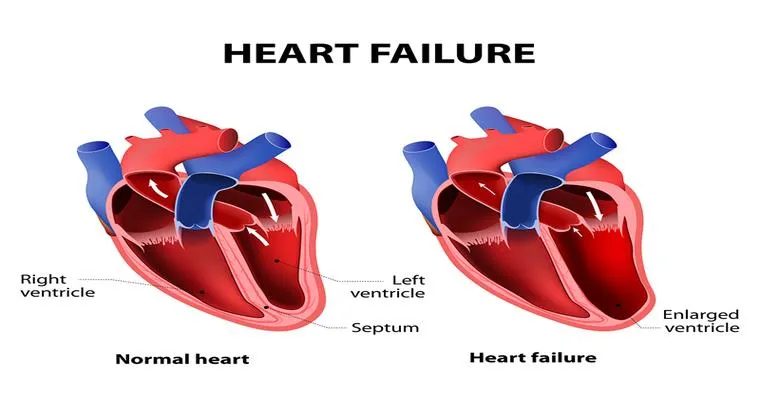Caring for a senior with "edema" can be challenging yet rewarding. "Edema", characterized by the accumulation of excess fluid in the body's tissues, often affects the legs, ankles, and feet of older adults. Understanding how to effectively manage this condition is crucial for improving the quality of life for elderly individuals. In this article, we will explore practical tips and strategies for providing care to seniors experiencing "edema".
Understanding Edema in Seniors
"Edema" can result from various factors, including heart problems, kidney issues, or simply the natural aging process. It is essential to recognize the signs of "edema", which may include swelling, discomfort, and changes in skin texture. Monitoring these symptoms can help caregivers assess the severity of the condition and determine when to seek medical advice.
Importance of Medical Consultation
Before starting any care routine, it is vital to consult with a healthcare professional. A doctor can help identify the underlying causes of "edema" and recommend appropriate treatments. This may include medications, dietary changes, or other interventions tailored to the senior’s specific needs.
Dietary Considerations
A balanced diet plays a significant role in managing "edema". Reducing sodium intake can help decrease fluid retention. Encourage the senior to consume more fruits, vegetables, and whole grains, which are rich in potassium and can assist in regulating fluid levels. Staying hydrated is also essential, as proper fluid intake helps the body to maintain balance.
Encouraging Movement
Encouraging regular physical activity can be beneficial for seniors with "edema". Gentle exercises, such as walking or stretching, can promote circulation and reduce swelling. Even simple movements like ankle pumps or leg lifts can be effective. Always consult a healthcare provider before starting any exercise program to ensure safety.
Elevating the Affected Limbs
Elevating the swollen limbs can significantly alleviate symptoms of "edema". Encourage the senior to elevate their legs above heart level for at least 30 minutes several times a day. Using pillows or a wedge can help create a comfortable position for elevation.
Compression Garments
Compression stockings or wraps can help manage "edema" by providing support and promoting better circulation. These garments come in various sizes and compression levels, so it is crucial to consult with a healthcare professional to find the right fit for the senior.
Monitoring Symptoms
Regularly monitoring the senior's symptoms is essential for effective care. Keep a log of any changes in swelling, discomfort levels, or skin condition. This information can be invaluable during medical appointments and can help track the effectiveness of any interventions.
Creating a Comfortable Environment
Creating a comfortable living space can also aid in managing "edema". Ensure that the senior has easy access to essentials and that their environment is free from obstacles that might hinder mobility. A comfortable chair with good support can also make a significant difference.
Emotional Support
Caring for a senior with "edema" can be emotionally taxing for both the caregiver and the individual. Providing emotional support, patience, and understanding is crucial. Encourage open communication about feelings and concerns, and consider involving support groups or counseling if needed.
Conclusion
Caring for a senior with "edema" requires a holistic approach that encompasses medical, dietary, physical, and emotional aspects. By understanding the condition and implementing these strategies, caregivers can significantly enhance the quality of life for their loved ones. Always remember that professional guidance is key in managing "edema" effectively, ensuring the best possible care for seniors.





